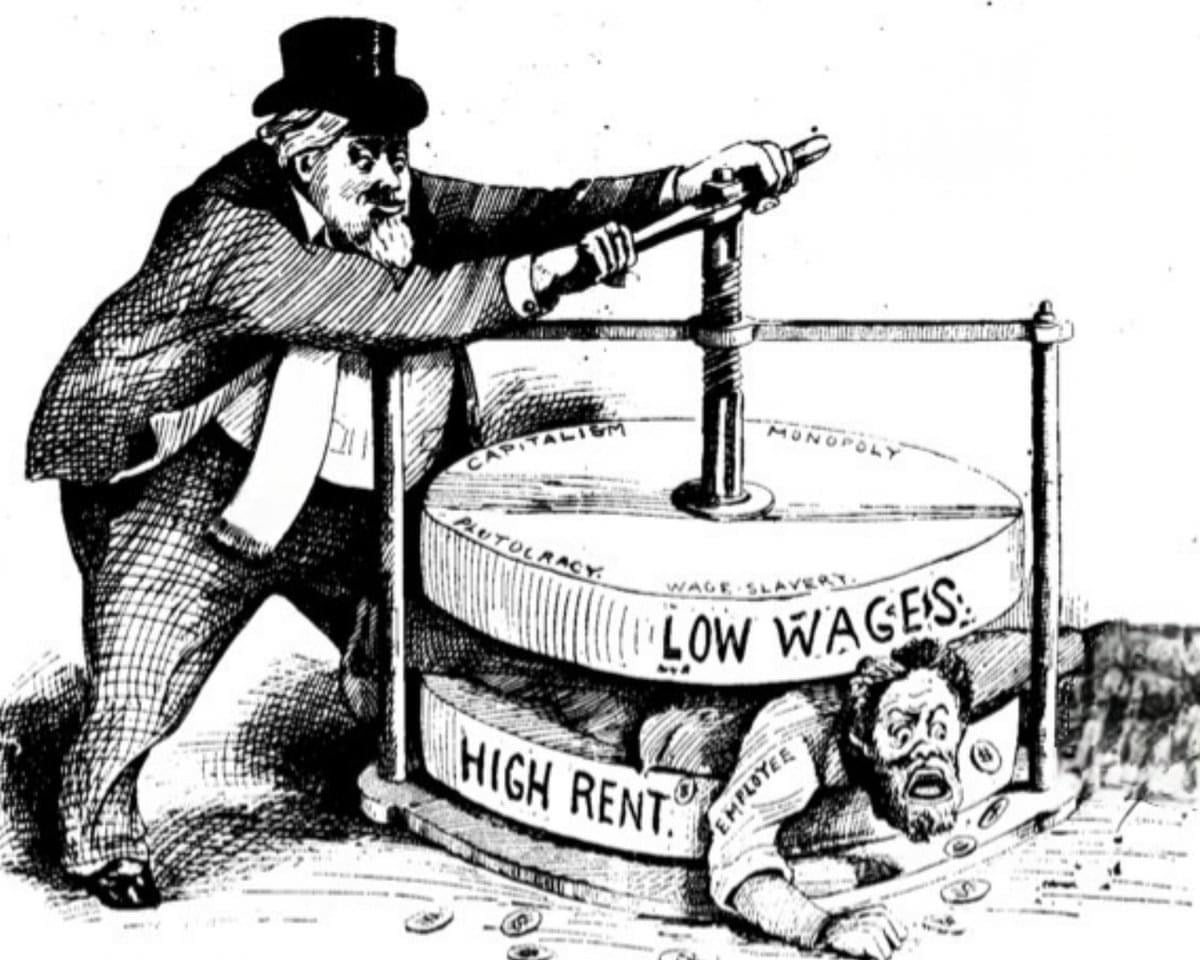On Sunday evening, Boris Johnson declared that it was time for the people of England to get back to work. In a characteristically unclear statement, the millionaire PM said: “We now need to stress that anyone who can’t work from home, for instance those in construction or manufacturing, should be actively encouraged to go to work. “
However, it is far from safe for anyone to be returning to work. Not only is the number of new daily cases in the UK still much too high for any easing of lockdown but employers have not put in place anything approximating adequate healthy and safety measures. As Richard Burge, chief executive of the London Chamber of Commerce and Industry, said late on Sunday night: “[Businesses] have not been given sufficient information on how to get [their] employees safely to work, nor how to keep them safe while they are there…At the moment, it would be foolish for any business leader to encourage staff not already undertaking essential work to do anything but to continue to work from home tomorrow if they can do so.”
Consequently, many people have been left wondering whether or not they have to go to work tomorrow or whether they can legally refuse to return to what are manifestly unsafe workplaces. The short answer? The law says that you should not be forced to work in an environment that puts you (or, in turn, your family) at risk of serious or imminent danger.
As United Voices of the World union explains in this handy guide to refusing to work during the pandemic:
“Section 44 of the Employment Rights Act 1996 provides employees with the right not to suffer a detriment or be dismissed for refusing to work in circumstances where they believe they would be in serious and imminent danger. It provides employees with the ‘right’ to withdraw from and to refuse to return to a workplace that is unsafe.
Employees are entitled to remain away from the workplace (e.g. stay at home) if – in their opinion – the prevailing circumstances represent a real risk of serious and imminent danger which they could not be expected to avert.
See Section 44.1(d) and Section 44.1(e) below:
(d) in circumstances of danger which the employee reasonably believed to be serious and imminent and which he could not reasonably have been expected to avert, he left (or proposed to leave) or (while the danger persisted) refused to return to his place of work or any dangerous part of his place of work, or
(e) in circumstances of danger which the employee reasonably believed to be serious and imminent, he took (or proposed to take) appropriate steps to protect himself or other persons from the danger.
A common sense interpretation would suggest that Coronavirus poses a serious and imminent danger to health and safety. But we don’t have to rely only on common sense, a number of barristers have also confirmed that coronavirus would amount to a serious and imminent danger in your workplace.”
This view is broadly supported by Stuart Brittenden, a barrister specialising in employment law at Old Square Chambers. Writing on the UK Labour Law blog, Brittenden states that:
“In light of what we know and events unfolding in other countries, the relevant health and safety duties, and the current lockdown, the likelihood is that an Employment Tribunal would accept that an employee, fearful of infecting others or being infected, did possess a reasonable belief that either being at work or even commuting to and from work placed them or their families at risk of serious and imminent danger. Such a conclusion is reinforced by the recent regulations, the Health Protection (Coronavirus, Restrictions) (England) Regulations 2020, SI 2020/350, which state they were made “in response to the serious and imminent threat to public health” posed by coronavirus. Those concerns would be compounded if employees believe that they might be “spreaders”, where they display some mild symptoms, or where the employer has not provided sufficient PPE or otherwise complied with its health and safety duties so as to minimise the risk of contracting Coronavirus (such as face masks, gloves, hand sanitiser).”(1)
Let’s be clear, however: the existence of s44 doesn’t mean that your employer won’t (try to) fire you or dock your wages. There isn’t a magic legal spell that binds or silences exploitative employers. But it does mean that – if they were to fire you – you’d have grounds to take your employer to tribunal, and you’d stand a good chance of winning.
The word ’employee’ is also crucial here. As Brittenden observes, the law is unclear on the question of whether or not these protections would extend to workers who are not employees, such as agency workers. If you are uncertain whether or not you count as an employee, the best thing to do is to speak to your union rep. And if you aren’t in a union, it is in your best interest to join one as soon as possible.
Indeed, as Willie Howard states in the facebook post below – individually refusing to work on the grounds of s44 when your boss has done a revised coronavirus risk assessment could very well lead to your dismissal (though, in line with Brittenden, I think Howard is wrong to suggest that you’d need to have been an employee for two years to claim wrongful dismissal here)
The only real solution to exploitatation in the workplace is – you guessed it – collective organising! Join a union where you can (consult the links below or the use the search tool on the TUC website) and start talking to your colleagues about the protections you want and need. Indeed, you could do a lot worse than read this twitter thread (not a sentence I usually utter):
(Partial) List of Trade Unions:
IWGB – Independent Workers Union of Great Britain : cleaners/carers/electricians/security/general
United Voices of the World the union :cleaners/precarious workers/low wage industries/general
Bakers Food and Allied Workers Union – BFAWU : food industries, including fast food workers.
Communication Workers Union workers/posties
GMB – general union that organises within healthcare.
PCS Union : civil servants/public services
National Union of Rail, Maritime and Transport Workers (RMT):transport/rail workers
National Education Union (NEU) – school teachers, further education lecturers, education support staff and teaching assistants
UCU – University and College Union : tertiary education
UNISON : health and social care workers both NHS and vol/private sector as well as other public employees.
USDAW – workers in shops/retail/distribution.
London Renters Union : tenants in london
ACORN UK : tenants outside London
Carl Spender








